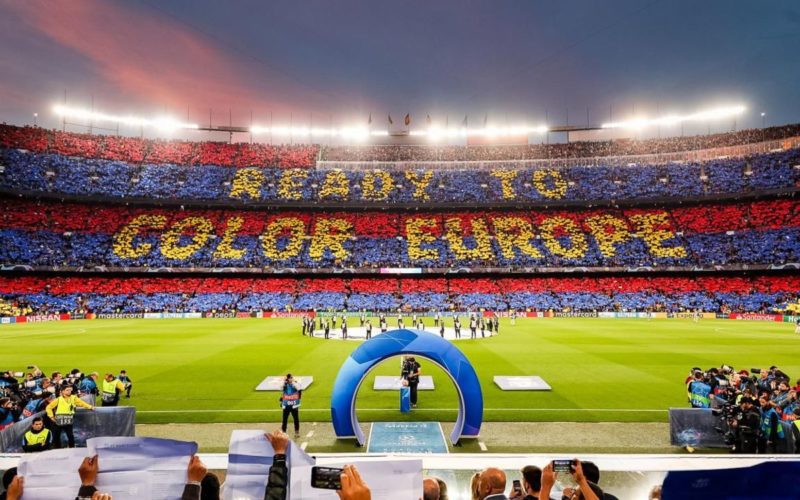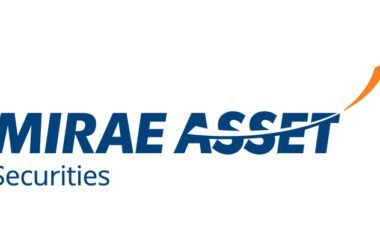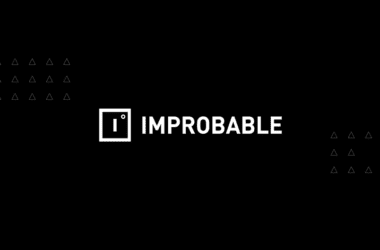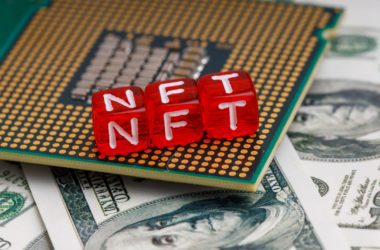Quick take:
- FC Barcelona led spending in the summer transfer window.
- The financially troubled Catalan-based football club opened the window with €1.3 billion in debt and -€144 million for player recruitment.
- Yet, Barca bought and registered six players spending in excess of €200 million thanks to four financial levers activated over the course of the summer.
FC Barcelona played a high-stakes game of poker in this summer’s transfer window. The financially troubled football club came into the window with €1.3 billion in debt and -€144 million available for player recruitment.
LaLiga had stopped the Catalan giants from signing or registering new players until the club balanced its books, which forced Barca to activate four financial levers including selling 25% of the club’s TV rights.
Barca’s high-stakes poker
Barcelona also sold a 49% stake in Barca Studios to fan token platform Socios and Orpheus Media to accelerate the unit’s web3 campaign.
Barca Studios was renamed Barca Digital & Entertainment in a nod to the direction it will be taking following the €200 million euro investment from the two companies.
The unit is charged with driving Barcelona’s media strategy, which involves among other tasks, leveraging web3 to improve fan engagement, thus boosting the revenue potential.
The Catalan club ceded approximately €40 million euros in future annual TV rights revenue to Sixth Street Partners for the next 25 years, which sums up to about €1 billion euros. In exchange, Barca received €527 million to help balance their books in the present.
But that was not enough to allow the football club to spend money on new players. As a result, Barcelona sold a 49% stake in Barca Studios to Socios.com (24.5%) and Orpheus Media (24.5%) in exchange for another €200 million, which helped the club to sign and register more players.
Barcelona’s €727 million fundraising during the summer comes at a deferred cost, which football finance experts believe is essentially debt. Barca now owes €473 million net to Sixth Street on top of its opening debt of €1.3 billion (excluding any debt repayments done during the period).
Yet, the club president Joan Laporta stated during the public vote on the new financial levers that the impact on its income won’t be as huge as it seems at the present.
Paying the price
According to Laporta, the Football Club Barcelona’s revenues will increase significantly in the coming years, helping to compensate for the dent created by ceding 25% of TV rights revenue to Sixth Street.
The Spanish LaLiga is poised for another increase in TV rights revenue after cancelling its 3-year deal at the beginning of the 2021-2022 season to auction the rights to the highest bidder.
Obviously, a better deal will send more money to Barca’s coffers. But on the flip side, it also means the football club will be paying more to Sixth Street in revenue than the €40 million predicted at the signing of the TV rights deal.
Laporta also suggested that selling a 49% stake in Barca Studios to Socios and Orpheus Media will increase the club’s media revenue because the unit will be tapping into the expertise of the two entities.
Socios role and $BAR token
Socios in particular could play a crucial role in creating new revenue channels for FC Barcelona. The LaLiga giants have more than 260 million fans according to social media following, which Barca believes could easily be onboarded to Web3 via its $BAR fan token.
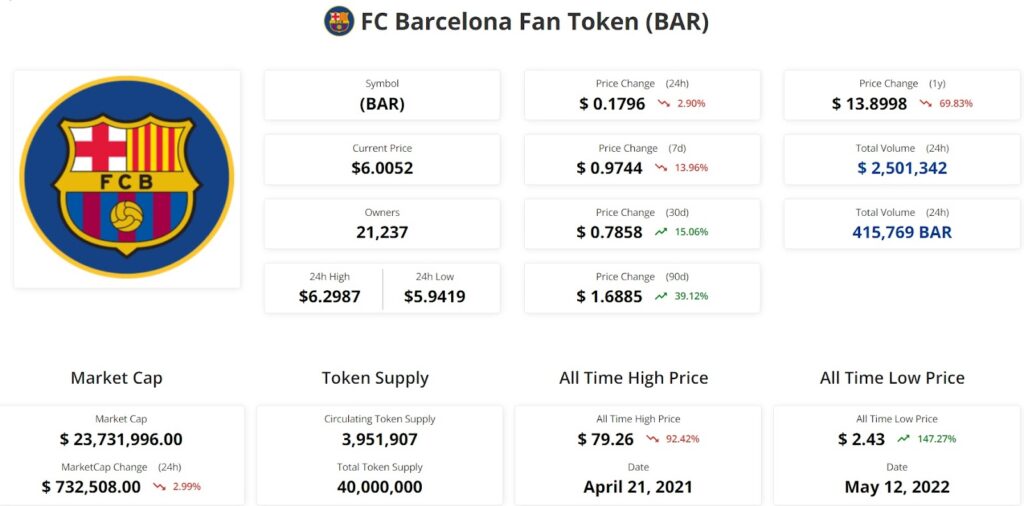

The $BAR token has a maximum supply of 40,000,000 tokens and reached a high price of $79.26 in May 2021.
At that price, the token had a fully-diluted market cap of $3.17 billion, but the $BAR token has since fallen to a price of $6.09, which equates to a fully diluted market cap of about $243.6 million.
The token has a circulating supply of 3,951,907, giving up a current market capitalisation of just over $24 million. Still, it is one of the largest based on fan token rankings provided by NFT and fan token data service provider, CryptoSlam.
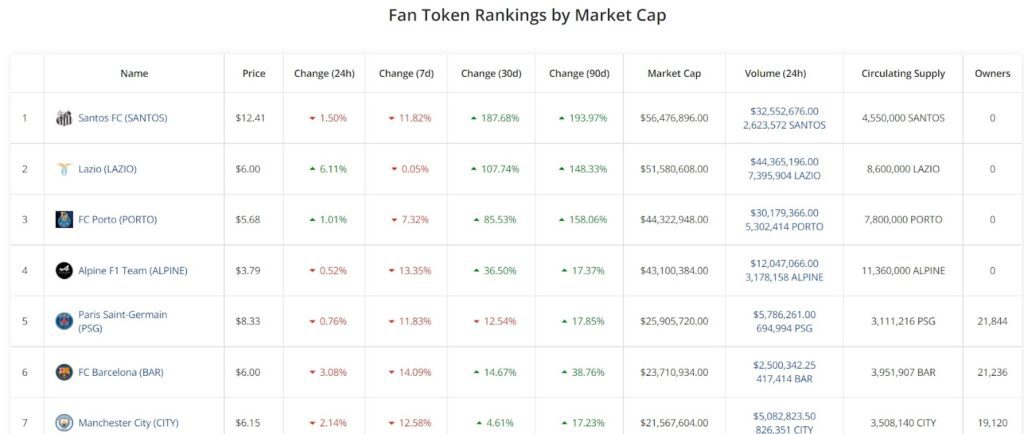

According to CryptoSlam data, there are 21,235 $BAR token owners as of this writing. That implies that each owner holds on average 186 $BAR tokens, based on the number currently in circulation.
Barcelona launched its fan token last year initially issuing 600,000 $BAR tokens at a fixed price of $2.20, which sold out within two hours for a return of $1.3 million in revenue.
Barca’s spending spree could be pivotal to onboarding its massive fan base to web3, which is partly why it chose Socios as a primary partner for its $BAR token. And given the fan token platform’s huge investment in the project, it also seems to believe that it can help the Catalan giants unlock the value in its fan base.
Long-term rewards?
If it works, it could turn out to be a one high stakes game of poker that paid off. But the odds are relatively stacked against Barca given the small number of its fan base that has expressed an interest in the $BAR token since launching in 2021.
Barcelona signed Robert Lewandowski from Bayern Minch for a fee in excess of €40 million euros, according to reports. In lower leagues, that’s what you would call a marquee signing, a signing that is made to drive fan interactions on social media et al.
But more than that, Barcelona will need its signings to deliver success in the current and coming seasons to keep fan engagement high. It is only after this milestone is reached, that the club, alongside Socios, can convince a significant number of the fan base to buy its fan token.
Although Barcelona did not provide figures for projected revenues from increased fan engagement, the now rebranded Barca Studios could boost merchandise revenue, a segment of revenue mix in the business of sports that relies significantly on fans’ attachment to their teams.
Stay up to date:
